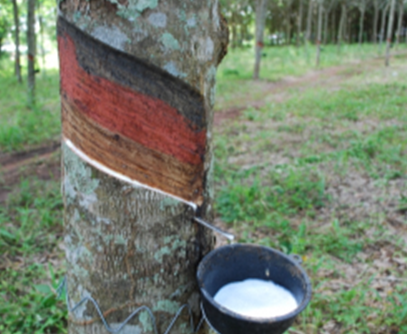TSE Cash Markets
Japan households’ investments drive 80% of asset growth

Japanese households are putting a growing share of their assets into investments like equities and bonds as rising domestic and U.S. stock markets and a weak yen encourage a shift away from a long-standing preference for cash.
Investment assets — stocks, investment trusts, bonds and foreign securities — accounted for 82% of the overall 100 trillion yen ($700 billion) increase in households‘ financial assets in the year through September, based on Bank of Japan data.
The category reached an all-time high of 427 trillion yen, making up 20.2% of households‘ financial assets — the biggest share since September 2007, prior to the global financial crisis. Half of its 160 trillion yen gain over the past decade came in the past year alone.
Investors tapped into the recent rally in Japanese and U.S. stocks. The Nikkei Stock Average has soared 27% this year, nearing a post-economic-bubble high, and the S&P 500 was up 24% for the year at the end of last week, closing in on a record.
This comes on top of a weak yen that has given a big boost to foreign investments. The S&P 500 is up 35% this year in yen terms, outpacing the dollar-denominated index, according to the London Stock Exchange Group. Yen depreciation lifts the stocks of Japanese exporters as well.
The pivot comes amid a change in attitudes among retail investors.
With the 2008 financial crisis, many individuals suffered heavy losses on their stockholdings. The Nikkei average touched a post-bubble nadir in March 2009. But the market has turned around since the advent of Abenomics in late 2012.
“People in their 30s and younger don’t have much of an allergy to investing in stocks now,” said Tsuyoshi Ueno, senior economist at the NLI Research Institute.
An analysis by Takuya Hoshino of the Dai-ichi Life Research Institute showed a 440 billion yen drop in inflows into households‘ deposits in the three months through September compared with the previous quarter, based on a four-quarter rolling average. Inflows into households‘ investment trusts, meanwhile, rose by 250 billion yen.
“There’s a gradual move from savings to investment,” Hoshino said.
Lingering caution among many households may be limiting the reach of the benefits of the stock rally. Cash and deposits make up 52.5% of households‘ financial assets in Japan, compared with 12.5% in the U.S. and 35.5% in the eurozone, according to SMBC Nikko Securities.
Trusting in cash and deposits made sense during the deflationary years, because the effective value of money increased as prices fell. But the opposite is now happening with inflation consistently running above 2% and interest rates on deposits near zero, giving households a push toward investing.
The trend may accelerate with the launch early next year of a new tax-advantaged investment program. “There’s room for holdings of stocks and investment trusts to grow” among retail investors, said Hidenori Suezawa of SMBC Nikko Securities.
Households‘ foreign-currency assets have grown as well amid the weak yen. Daisuke Karakama, chief market economist at Mizuho Bank, estimates that foreign-currency-denominated deposits, trusts and securities grew 13% on the year to a record high of 74.2 trillion yen at the end of September, based on BOJ data.
Related links




